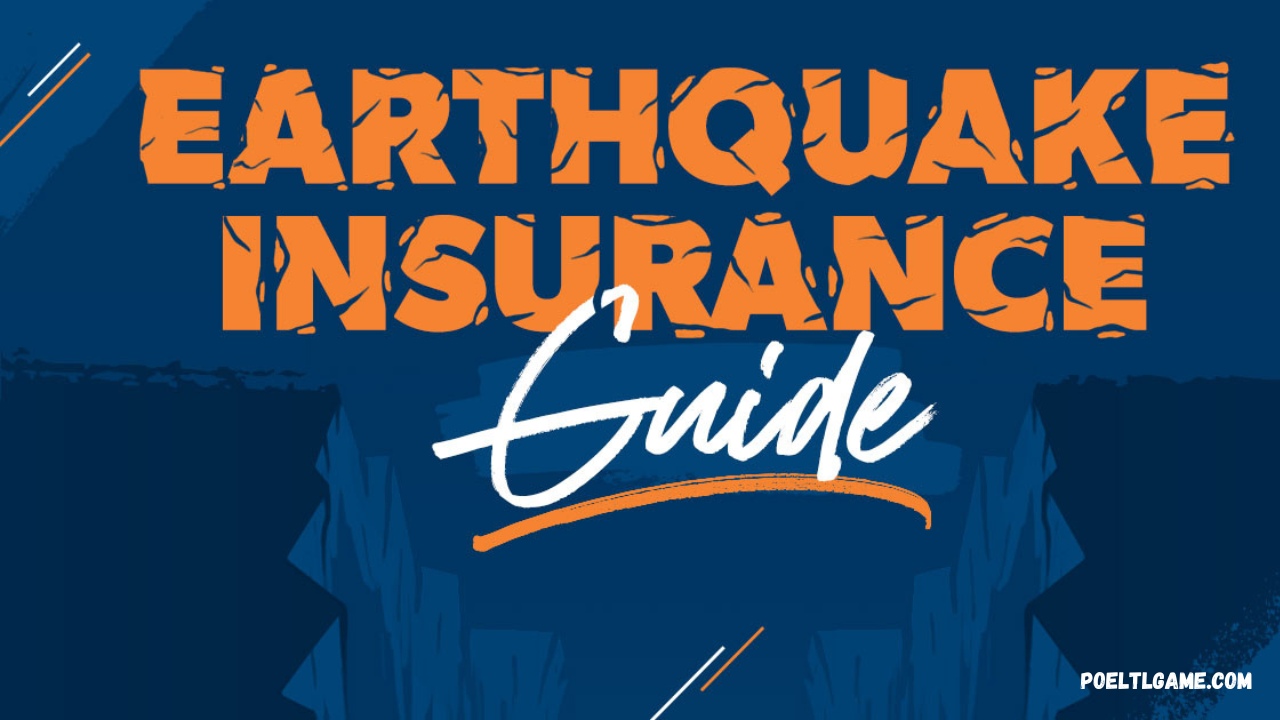Protecting Your Property from Natural Disasters

Natural disasters such as earthquakes can strike unexpectedly, causing significant damage to properties and financial loss. Earthquake insurance provides a safety net for homeowners, ensuring that they can recover financially in the aftermath of such events. Understanding the cost of earthquake insurance and the factors that influence it is crucial for anyone living in an earthquake-prone area.
What is Earthquake Insurance?
Earthquake insurance is a type of property insurance that covers the damage caused by an earthquake. It typically includes the cost of repairing or rebuilding a home, replacing personal belongings, and temporary living expenses if the home is uninhabitable. Unlike standard homeowner’s insurance, which often excludes earthquake damage, this specialized policy offers protection against the unique risks posed by earthquakes.
Factors Influencing Earthquake Insurance Cost
Several factors can affect the cost of earthquake insurance. These include:
- Location
- Areas prone to seismic activity, such as California or Alaska, generally have higher insurance premiums.
- Proximity to fault lines can also impact the cost.
- Home Construction
- The age, structure, and materials used in building your home can affect insurance costs.
- Homes built with materials designed to withstand earthquakes may have lower premiums.
- Coverage Amount
- The level of coverage you choose, including dwelling, personal property, and additional living expenses, influences the premium.
- Higher coverage limits result in higher costs.
- Deductible Amount
- The deductible is the amount you pay out of pocket before the insurance kicks in.
- Higher deductibles can lower your premium, while lower deductibles increase it.
- Insurance Company
- Different insurers have varying rates and policy terms.
- Shopping around and comparing quotes can help you find the best rate.
Why Earthquake Insurance is Important
The importance of earthquake insurance cannot be overstated, especially for those living in high-risk areas. Here are some key points:
- Financial Protection: Earthquakes can cause extensive damage, leading to costly repairs. Without insurance, homeowners might struggle to cover these expenses.
- Peace of Mind: Knowing that you have coverage provides peace of mind, allowing you to focus on safety during and after an earthquake.
- Legal Requirements: In some areas, lenders may require earthquake insurance as a condition for approving a mortgage.
How to Choose the Right Earthquake Insurance
Choosing the right earthquake insurance involves considering several aspects to ensure adequate protection:
- Assess Your Risk
- Evaluate the earthquake risk in your area. The US Geological Survey (USGS) provides valuable information on seismic activity.
- Determine Coverage Needs
- Calculate the cost of rebuilding your home and replacing personal belongings.
- Consider the potential expenses for temporary living arrangements.
- Compare Policies
- Obtain quotes from multiple insurers.
- Review the terms, conditions, and exclusions of each policy.
- Understand Deductibles
- Choose a deductible that balances affordability and coverage needs.
- Be aware that earthquake insurance deductibles are typically a percentage of the home’s insured value.
- Consult a Professional
- Speak with an insurance agent or broker to get personalized advice.
- Ensure that you understand all aspects of the policy before purchasing.
Tips to Reduce Earthquake Insurance Cost
While earthquake insurance can be costly, there are ways to reduce the premium:
- Home Retrofits: Strengthening your home’s structure to withstand earthquakes can lower insurance costs.
- Higher Deductibles: Opting for a higher deductible can reduce the premium.
- Bundle Policies: Some insurers offer discounts for bundling earthquake insurance with other policies like homeowners or auto insurance.
- Shop Around: Regularly compare quotes from different insurers to find the best rates.
Conclusion
Earthquake insurance is a vital investment for homeowners in earthquake-prone areas. Understanding the factors that influence its cost and the importance of having this coverage can help you make an informed decision. By assessing your risk, determining your coverage needs, and comparing policies, you can find the right insurance to protect your home and financial future.
Ensuring that your property is safeguarded against natural disasters is not just about compliance but about securing peace of mind and financial stability in uncertain times. With the right earthquake insurance, you can face the future with confidence, knowing that you are prepared for any seismic surprises.



